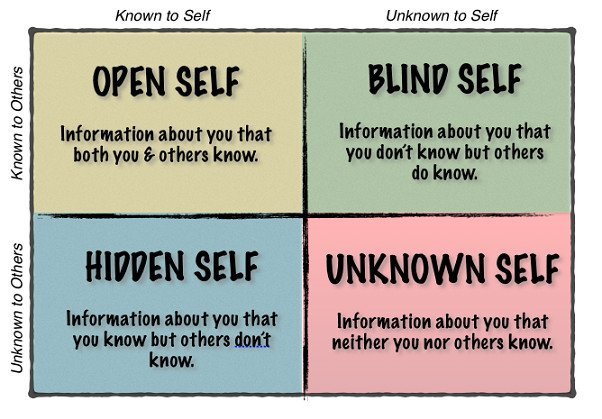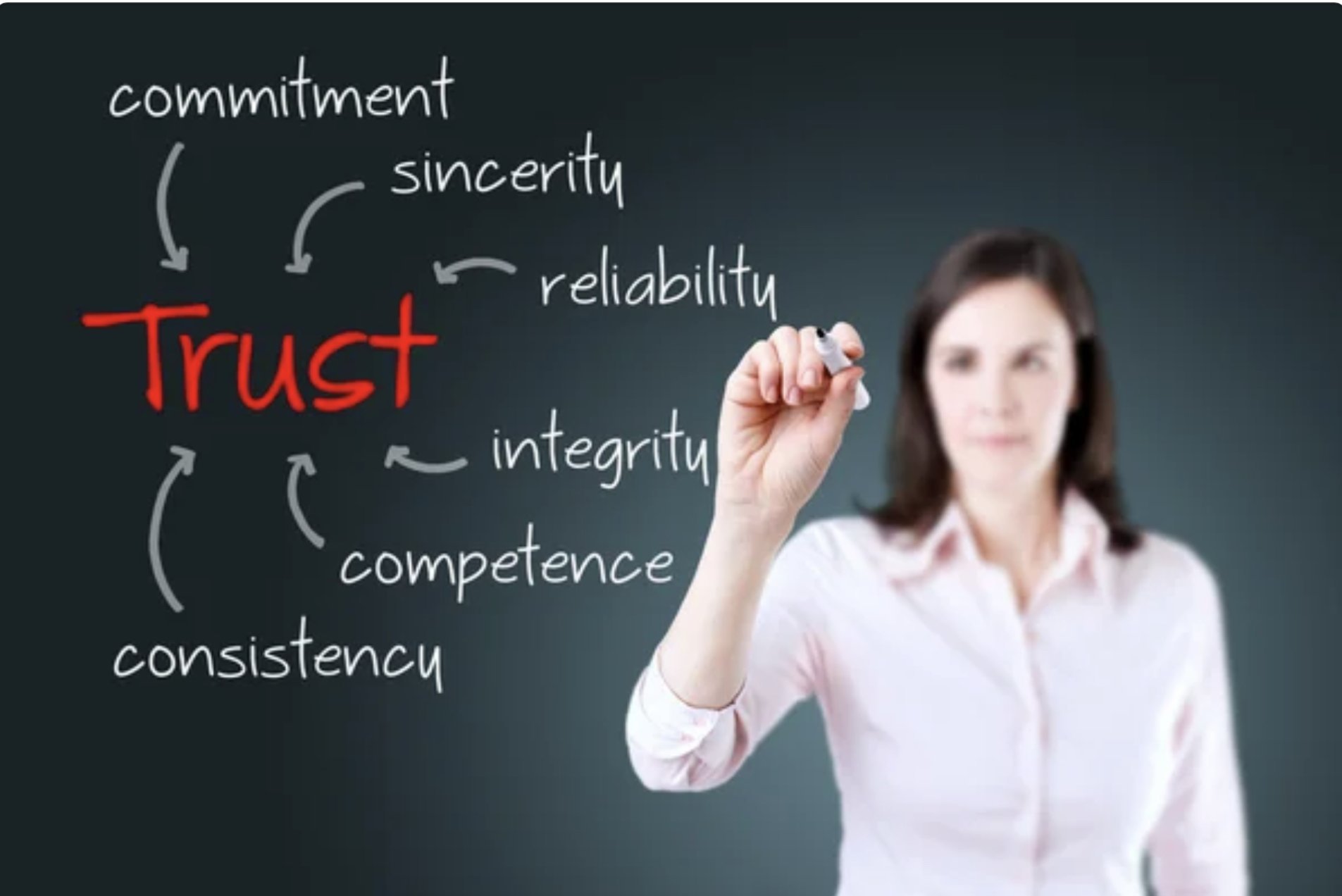The Martian Paradox: When Evolved Leaders Return to Legacy Systems
The Martian Paradox explores what happens when a leader grows beyond the system they return to. Through personal stories from elite military assignments, embassy service, and high-level leadership programs, this piece unpacks the quiet challenge of reentry—how evolved leaders can feel out of place in legacy organizations, and what to do when the system isn’t ready for what you've become.
If you’ve ever come back from something that changed you—and struggled to reconnect with the world you left behind—this is for you.
Coaching & Mentoring: The Strategic Backbone of Leadership Growth
In this article, I explore how coaching and mentoring evolved from leadership tasks into the core of my leadership strategy—and how their ripple effects can shape teams, cultures, and even generations. If you’re serious about growing leaders, not just managing them, this one’s for you.
From Firefighting to Forecasting: The Shift to Strategic Leadership
In this reflective article, Michael shares the lessons he learned over 21 years of military service, focusing on the transition from tactical to strategic thinking. He discusses how shifting from reactive problem-solving to proactive planning shaped his leadership philosophy and led to a deeper understanding that "Every business is a people business." This journey emphasizes the importance of investing in people, anticipating challenges, and leading with foresight for long-term success.
The Power of Instant Praise: How a Simple Compliment Can Change Someone’s Day
We often expect great work but rarely take the time to acknowledge it. A simple, sincere compliment can change someone’s entire day—yet praise is often overlooked. Here’s how a quick moment of recognition at a busy Starbucks reminded me why instant appreciation is a leadership superpower.
The Dinner Table Test: The True Measure of Leadership
Leadership is often measured by performance metrics and business outcomes, but its true impact is revealed in the quiet moments at home. The Dinner Table Test asks a simple yet profound question: When your employees go home at the end of the day, what do they say about you as a leader?
Do they share stories of inspiration, respect, and support? Or do they vent about stress, frustration, and lack of appreciation? Leadership does not stop at the workplace—it follows people home, influencing their relationships, well-being, and engagement.
A great leader understands that their legacy is not just written in quarterly reports but in the conversations happening around dinner tables every night.
Lessons in Leadership: What a Cruise Ship Taught Me About High-Performance Teams
What a Cruise Ship Taught Me About High-Performance Teams
High-functioning teams don’t happen by accident—they are built through clear roles, seamless communication, a shared mission, and mutual trust. On my first-ever cruise, I witnessed a masterclass in teamwork as thousands of crew members from around the world worked together to create a seamless guest experience.
One small but powerful example stood out: consistency. Every Old Fashioned I ordered on board, regardless of the bartender or location, was perfectly crafted. That level of precision is no coincidence—it’s the result of a strong team culture, clear expectations, and a commitment to excellence.
These same principles apply beyond the cruise industry to any organization striving for high performance. Are they present in your team?
Read more to explore the key takeaways from this experience and how they can elevate your leadership and team dynamics.
Listening Before Leading: The Critical Role of Customer Buy-In in Leadership
Discover why customer buy-in is the cornerstone of effective leadership. Through the story of an Afghan village and lessons from The Ugly American, this blog explores how listening, collaboration, and cultural awareness lead to sustainable solutions and meaningful change. Learn actionable strategies to engage your team, build trust, and solve the right problems the right way.
The X-Factor of Strong Corporate Culture: Lessons from Two Decades of Marine Corps Leadership
Corporate culture isn’t just a backdrop—it’s the X-factor that drives engagement, teamwork, and mission success. Drawing from 20 years in the Marine Corps, I’ve seen firsthand how culture transforms teams into high-performing units. When leaders prioritize shared values and purpose, the impact on morale and the bottom line is undeniable.
The Minimum Viable Product (MVP) & Leadership: A Comprehensive Exploration
The Minimum Viable Product (MVP) isn't just for product development—it’s a mindset that can revolutionize leadership. By embracing adaptability, innovation, and iterative growth, leaders can create resilient teams and strategies that thrive in a dynamic business landscape. MVP thinking transforms leadership into a tool for continuous learning and success.
Leading Like Lasso: Fostering Growth and Seizing Success Through Powerful Mentorship
"A good mentor hopes their people move on to greater things; a great one knows they will!" This wisdom from Ted Lassoencapsulates the heart of effective leadership: empowering others to grow beyond their current roles. By fostering strengths, nurturing potential, and embracing the inevitability of advancement, leaders create environments where individuals thrive—and organizations excel.
Harnessing the Johari Window for Enhanced Self-Awareness and Interpersonal Relationships
The Johari Window, introduced by psychologists Joseph Luft and Harrington Ingham in 1955, is a powerful tool for understanding oneself and facilitating interpersonal communication. The model's power lies in its dynamic nature. As we interact, share, and receive feedback, the sizes of these quadrants change, promoting personal growth and improving relationships.
Embracing Vulnerability: Building a Culture of Growth
When individuals feel safe enough to acknowledge their mistakes and seek assistance, it's a powerful testament to effective leadership and a thriving work environment.
Unlocking the Power of Collaboration: Mastering the Art of Effective Teaming for Success
In today’s rapidly changing business landscape, successful organizations understand that achieving greatness is a team effort. Here’s why effective teaming is crucial













